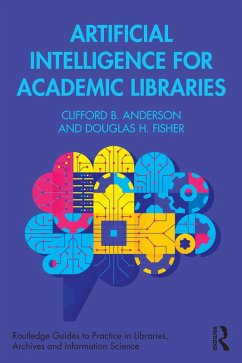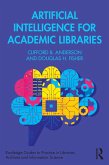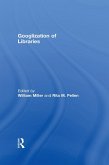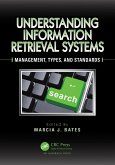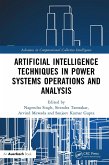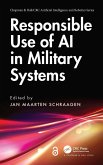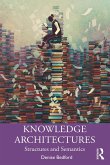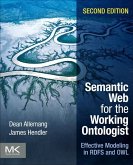Emerging from a long-running conversation between an academic librarian and a professor of computer science, this book provides readers with a critical perspective on the history, present, and future of AI in libraries and information services. Synthesizing the literature on AI, ML, and librarianship, the authors provide the requisite background to evaluate the impact of these technologies on the information ecosystem. The first half of the volume covers the fundamentals of AI, notably the divergences between the two major AI paradigms as well as philosophical, legal, and ethical issues that arise from the use of AI. The second half addresses specialized topics, including hybrid AIs that bridge the dominant AI paradigms, the responsible use of AI in research and learning, and suggestions for professional development.
Artificial Intelligence for Academic Libraries will benefit academic librarians seeking to develop a solid understanding of AI and ML and their likely impact on library operations and services, including student and faculty outreach. The volume also serves as a pedagogical resource for library and information science students entering this rapidly changing field.
Dieser Download kann aus rechtlichen Gründen nur mit Rechnungsadresse in A, B, BG, CY, CZ, D, DK, EW, E, FIN, F, GR, HR, H, IRL, I, LT, L, LR, M, NL, PL, P, R, S, SLO, SK ausgeliefert werden.

